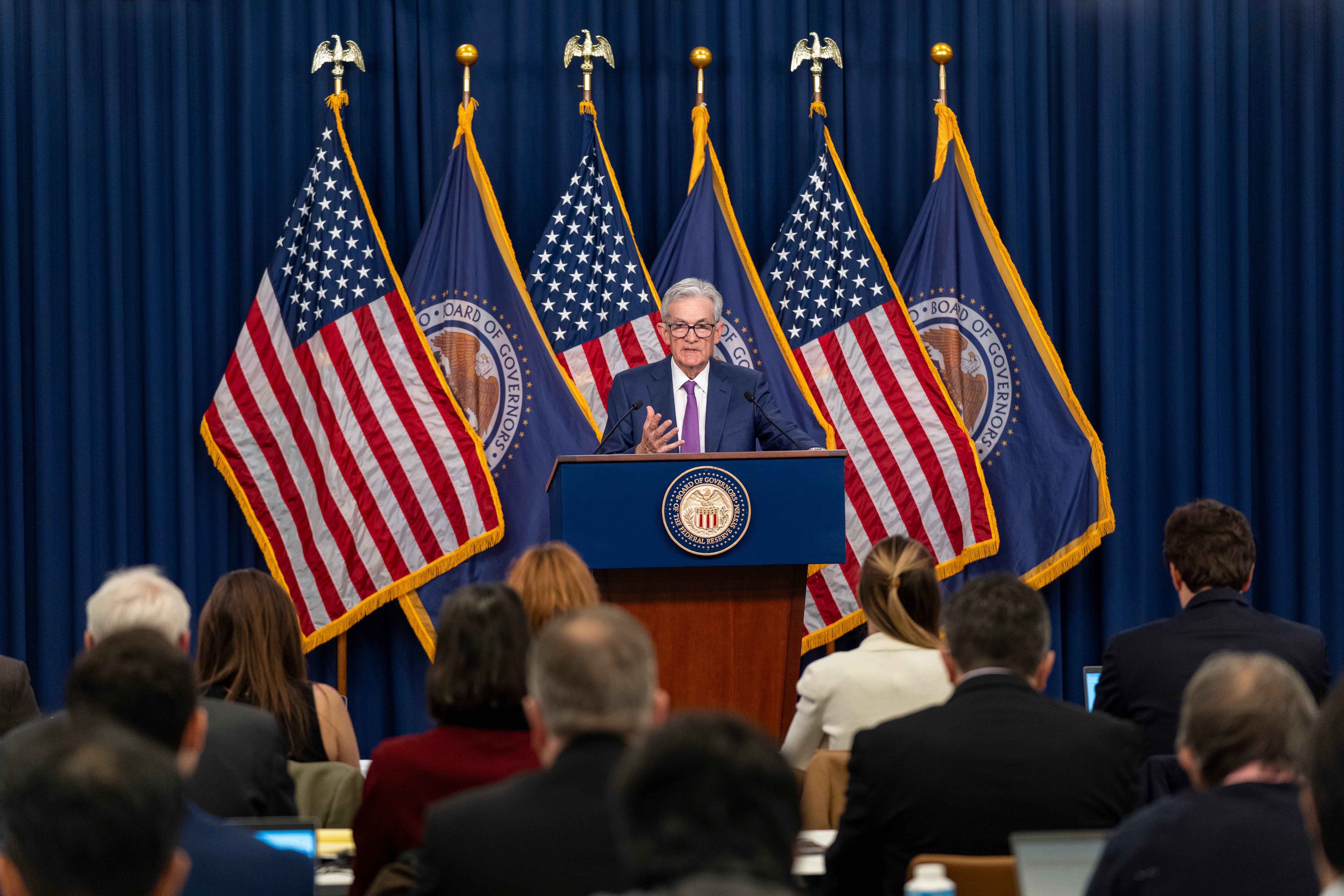Federal Reserve minutes: Officials worried that progress on inflation could stall in coming months
Federal Reserve officials acknowledged at their most recent meeting in January that there had been “significant progress” in reducing inflation

Federal Reserve officials acknowledged at their most recent meeting in January that there had been “significant progress” in reducing inflation. But some of the policymakers expressed concern that strong growth in spending and hiring could disrupt that progress.
In minutes from the January 30-31 meeting released Wednesday, most Fed officials also said they were worried about moving too fast to cut their benchmark interest rate before it was clear that inflation was sustainably returning to their 2% target. Only “a couple” were worried about the opposite risk — that the Fed might keep rates too high for too long and cause the economy to slow more than necessary, or even slip into a recession.
Some officials “noted the risk that progress toward price stability could stall, particularly if aggregate demand strengthened” or the progress in improving supply chains faltered.
Officials also cited the disruptions in Red Sea shipping, stemming from the conflict in the Middle East, as a trend that could accelerate prices.
Bookmark popover
Removed from bookmarks